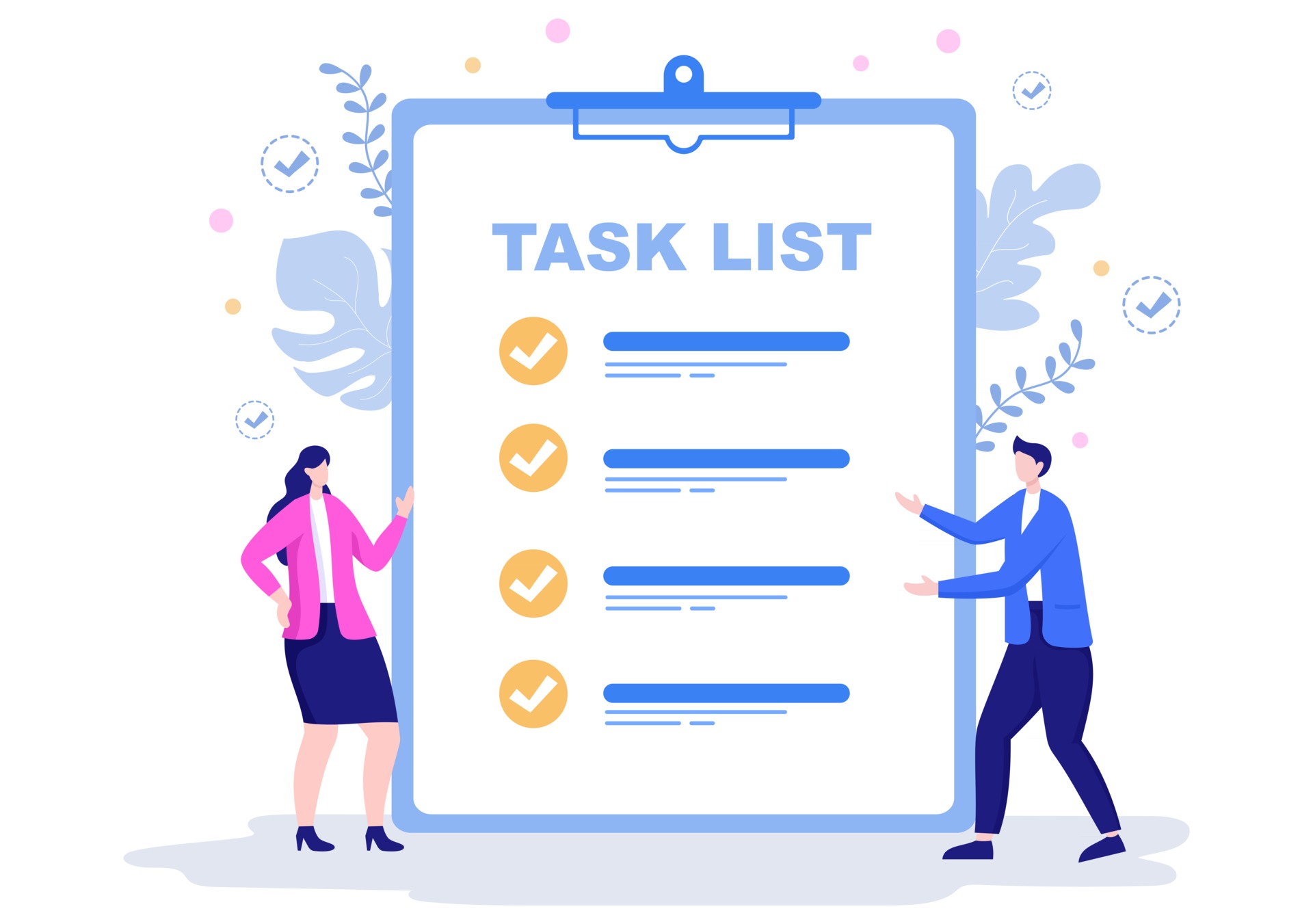The Power of Planning: Organizing Your Tasks In an Effective Manner
In the current fast-paced world, the ability to organize time efficiently is more crucial than ever. Amidst countless distractions vying for our attention, it's simple to feel overwhelmed by our daily tasks and commitments. This is where the importance of planning is highlighted. By organizing our tasks and establishing positive habits, we can manage our time and increase our productivity.
One valuable tool in this process is a habit tracker. By keeping a record of our everyday habits, we can recognize patterns, acknowledge progress, and make adjustments as needed. Whether it's incorporating exercise into our routine, setting aside time for personal projects, or merely making sure we are staying on top of our commitments, a habit tracker can serve as a valuable ally in changing our approach to the day-to-day demands of life. Adopting this practice facilitates efficient time management and a richer life.
Grasping Habit Monitors
Habit management tools are instruments that help individuals monitor and manage their routines throughout time. These can be physical notebooks, digital applications, or even easy diagrams. The key purpose of a habit tracker is to provide a graphic depiction of your progress, which can be deeply encouraging. When you can see your successes, no matter how small, it strengthens the good habits and motivates you to stick to your pledges.
Utilizing a habit tracker also encourages responsibility. When you have a system in place to record your practices, you are more likely to take your aims with intent. This responsibility can arise from personal introspection or sharing your tracker with family or loved ones. By regularly modifying your tracker, you participate in a routine that develops discipline and reaffirms your devotion to growth and personal advancement.
Furthermore, habit trackers facilitate you to detect patterns in your actions. As you collect data on your daily tasks and patterns, you may observe trends that can shape subsequent planning. For example, you may observe that you're more efficient on particular days or at particular hours. This realization can assist you arrange your to-dos more successfully, guaranteeing that you assign your efforts to correspond with your peak performance periods, resulting in enhanced time utilization in general.
Advantages of Effective Task Planning

Effective task management significantly enhances efficiency by providing clear direction on what's important. When you arrange your tasks, you create a pathway that helps you concentrate on what truly matters. This allows you to direct your energy toward high-impact activities rather than getting lost in a ocean of lesser priorities. By knowing precisely what you need to achieve each day, you not only perform more effectively but also reduce the chances of feeling overwhelmed.
A further significant benefit of task planning is the enhancement it brings to time management. When tasks are laid out in an organized manner, it becomes simpler to assign specific time slots for each task. This framework minimizes procrastination, as you have a clear timeline to follow. By utilizing tools like a progress monitor, you can track your advancements and adjust your schedule as needed, ensuring that you stay on track and meet your goals consistently.
Moreover, effective management fosters a constructive mindset and a sense of achievement. As you check off completed tasks from your list, you experience a surge in motivation and confidence. This cumulative effect of regularly completing tasks reinforces positive habits and encourages you to tackle even more difficult projects. Ultimately, arranging your daily tasks not only helps you handle your time but also cultivates a proactive and positive approach to your work and personal life.
Creating Your Routine Tracker
To successfully implement a habit tracker, begin by selecting a format that works most for you. This could be a physical planner, a bullet journal, or a digital app designed for recording habits. The key is to choose a method that you will consider pleasant and easy to maintain consistently. Identify which habits you want to concentrate on, such as daily exercise, reading, or meal planning, and make sure these goals resonate with your values and long-term objectives.
Once you have your tracker set up, incorporate it a part of your daily routine. Set aside a specific time each day to review your progress and reflect on your efforts. This consistent evaluation not only keeps you accountable but also enables you to adjust your strategies if certain habits are becoming hard to maintain. Over time, the act of tracking will help support your commitments, turning them into natural aspects of your daily life.
In conclusion, celebrate your successes as you progress. Acknowledging small victories can boost your motivation and strengthen positive behaviors. It could be treating yourself to something special or merely taking a moment to appreciate your hard work, acknowledging your achievements fuels your commitment to stay organized and sustain your new habits. By incorporating these elements, your habit tracker becomes a powerful tool in mastering your time management and fostering a more organized, rewarding life.